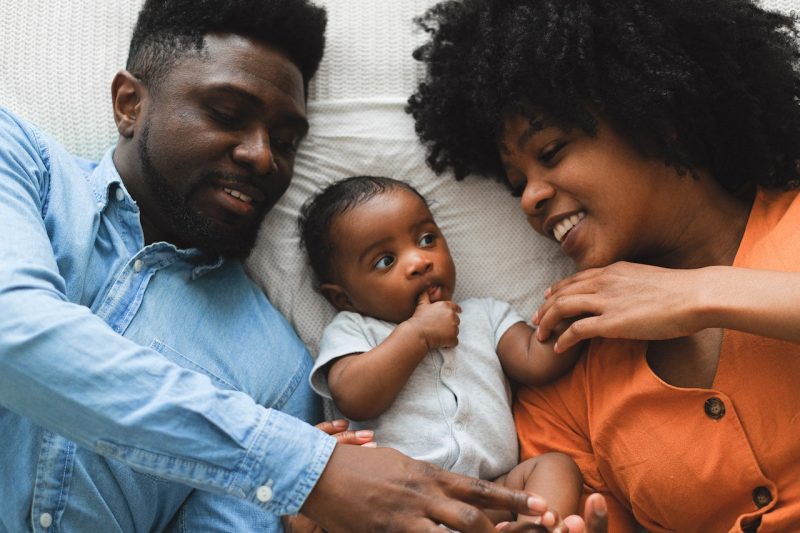Researchers and women’s health experts have been studying and discussing the possible connection between a woman’s age at childbirth and her risk of developing breast cancer.
We’ll explore the facts and findings surrounding this topic and what, if any, potential risks are associated with having children after 30.
Childbirth Age and Breast Cancer: Is There a Link?
According to the National Cancer Institute, there is enough research to suggest that breast cancer risk is linked to the hormones produced by a woman’s ovaries, specifically endogenous estrogen and progesterone.
As a result, certain reproductive factors can increase the exposure and duration of these hormones, thereby stimulating cell growth and leading to an increased risk of breast cancer.
Factors may include:
- Early onset menstruation
- Late-onset menopause
- Later age in first full-term pregnancy
- Never giving birth
On the other hand, women who experience pregnancy and breastfeeding have a lower risk of developing breast cancer. This is because these events reduce the number of menstrual cycles a woman has in her lifetime, which decreases her exposure to the hormones that come with them.
Additionally, some studies suggest that women who have their first full-term pregnancy earlier (before age 20) have a reduced risk of breast cancer (about 50%) when compared to women who have a full-term pregnancy later (after age 30).
Other research suggests that women with children later in life have a slightly higher risk (0.03%) of developing breast cancer than women who never give birth.
So, Is There a Connection?
In general, there is enough research to suggest a link between later pregnancy and breast cancer risk. However, it is important to note that other factors, such as family history, lifestyle choices, and weight, also play a significant role in breast cancer risk.
The bottom line: Having a child later in life is a rewarding experience and does not mean you will develop breast cancer. However, in order to manage the risks and stay productive in your women’s health journey, regular screenings, such as annual mammograms, are vital!
Mammograms Save Lives!
Whether you’ve had your first child before, in, or after your 30s, yearly mammograms should be a regular part of your healthcare routine. As mentioned, in addition to childbirth age, there are many individual risk factors that can contribute to breast cancer development.
Therefore, working with your doctor can help determine the best screening schedule based on your situation to ensure any abnormalities are detected at their earliest, most treatable stage.
Taking Steps to Reduce Breast Cancer Risk
Regardless of the age at which a woman has children, there are steps she can take to reduce her risk of breast cancer.
In addition to regular mammograms, for example, women can benefit from the following activities:
- Maintain a healthy weight
- Exercise regularly
- Avoid alcohol
- Quit smoking
- Eat a healthy, balanced diet with plenty of fruits and vegetables
- Know your family history
- Discuss any concerns with your doctor
While the age at which a woman has children may be a factor to consider, it is just one piece of the puzzle regarding breast cancer risk.
Prioritize Your Health Today!
If you haven’t scheduled your annual mammogram yet, or it’s been a while since your last screening, it’s time to take control of your health with help from The Breast Center of Maple Grove.
We offer convenient appointments available Monday-Friday, 7:30 am-5:00 pm, with extended hours on Tuesdays from 7:30 am-8:00 pm.
Remember, early detection can save lives. Make the call to schedule your appointment now, or use our online form!
